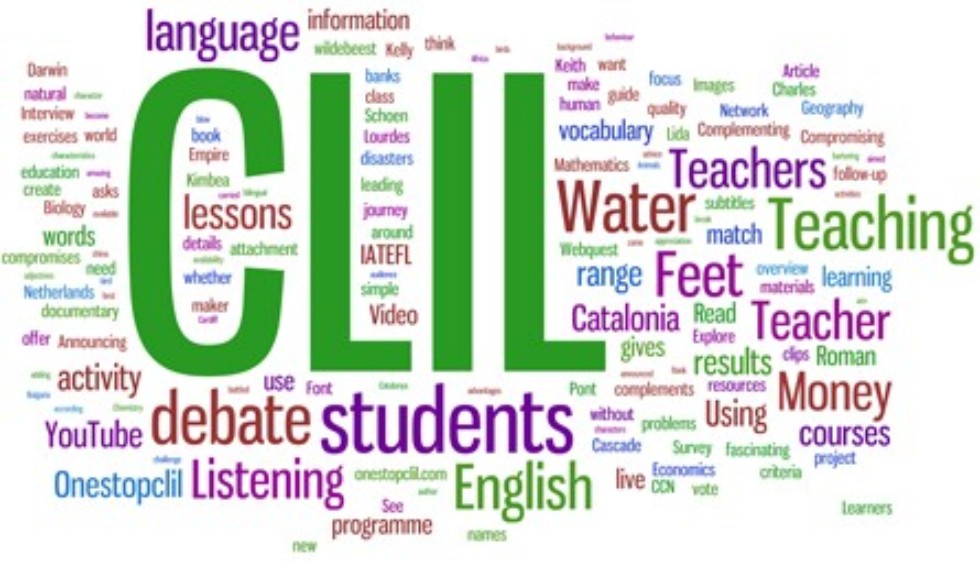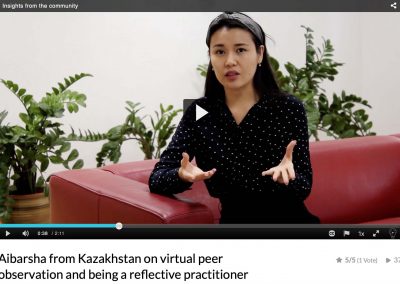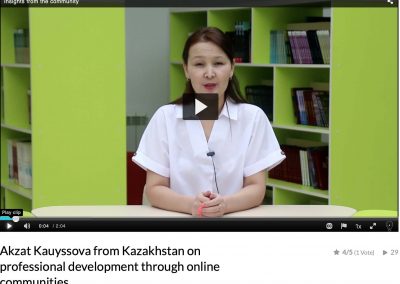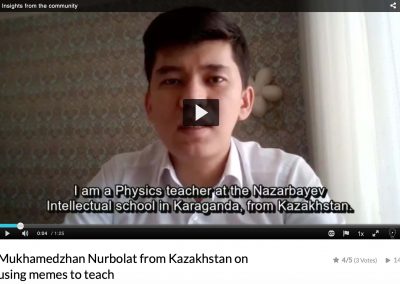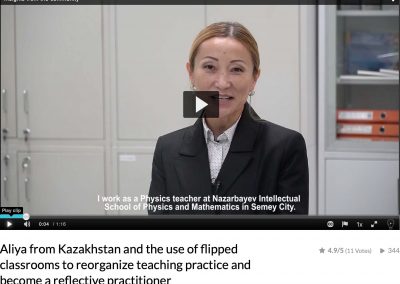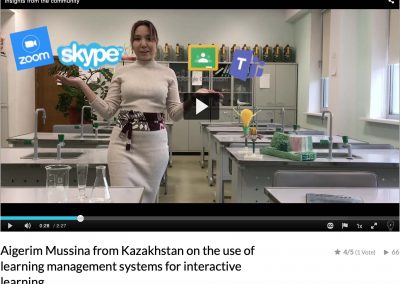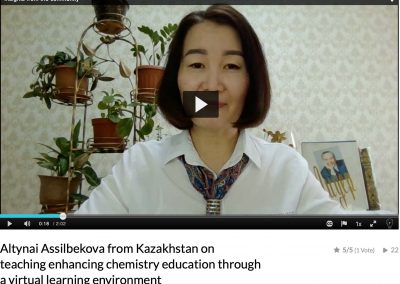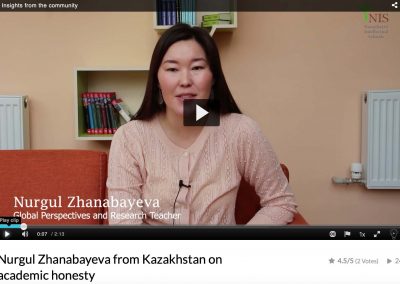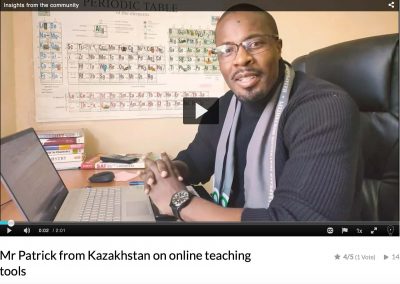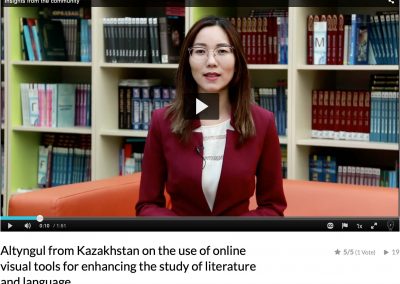The UNESCO prizes for Education promote literacy, mother tongue development, use of information and communication technologies, effectiveness of teachers through improved pedagogy, sustainable development educational activities targeting socially or gender disadvantaged communities. The prizes are awarded annually or biennially to two or three laureates.
- UNESCO International Literacy Prizes
Since 1967, UNESCO International Literacy Prizes have rewarded excellence and innovation in the field of literacy. Over 495 projects and programmes undertaken by governments, non-governmental organizations and individuals around the world have been recognized. Through these prestigious Prizes, UNESCO seeks to support effective literacy practices and encourages the promotion of dynamic literate societies.
Currently there are two UNESCO International Literacy Prizes:
The UNESCO King Sejong Literacy Prize
Established in 1989, with the support of the Government of the Republic of Korea. It gives special consideration to mother language-based literacy development. .
The UNESCO Confucius Prize for Literacy
The UNESCO Confucius Prize for Literacy, established in 2005, with the support of the Government of the People’s Republic of China. It gives special consideration to literacy amongst adults in rural areas and out-of-school youth, particularly girls and women.
- UNESCO-Japan Prize on Education for Sustainable Development
The Prize honours outstanding projects by institutions and organizations related to Education for Sustainable Development.
The UNESCO-Japan Prize on Education for sustainable development, funded by the Government of Japan, consists of three annual awards for each recipient. It was awarded for the first time by the Director-General of UNESCO in November 2015.
The Prize and award winners recognize the role of education in connecting the social, economic, cultural and environmental dimensions of sustainable development. It was established by the Executive Board of UNESCO at its 195th session within the framework of the Global Action Programme (GAP) on ESD and officially announced at the UNESCO World Conference on ESD (10-12 November 2014, Aichi-Nagoya, Japan).
Following the Executive Board’s decision 207 EX/10.III.B in November 2019, the Prize was renewed. In the renewed cycle, the Prize will be managed for a period of six years (2020-2025) and will be awarded once per biennium (i.e. 2021, 2023 and 2025).
- UNESCO Prize for Girls’ and Women’s Education
Gender equality in education is a basic right and a prerequisite to build inclusive societies. Although notable progress has been made over the last 20 years, 16 million girls will never set foot in a classroom (UNESCO Institute for Statistics).
The UNESCO Prize for Girls’ and Women’s Education honours outstanding and innovative contributions made by individuals, institutions and organizations to advance girls’ and women’s education. It is the first UNESCO Prize of this nature and is unique in showcasing successful projects that improve and promote the educational prospects of girls and women and in turn, the quality of their lives.
Funded by the Government of the People’s Republic of China, the Prize is conferred annually to two laureates and consists to help further their work in the area of girls’ and women’s education. The Director-General of UNESCO awarded the Prize for the first time in 2016.
Established by UNESCO’s Executive Board, the Prize directly contributes to the attainment of the 2030 Sustainable Development agenda, particularly SDG 4 on education and 5 on gender equality. It also supports UNESCO’s global priorities included in the Medium-term Strategy 2014-2021 and the Gender Equality Action Plan 2014-2021 (GEAP II), as well as the UNESCO Strategy for Gender Equality in and through Education (2019-2025).
- UNESCO-Hamdan Prize for Teacher Development
The UNESCO-Hamdan Prize for Teacher Development was created in 2008 to support the improvement of teaching and learning quality in achieving the Sustainable Development Goal 4 on Quality Education, which is one of UNESCO’s priorities.
Awarded every two years, the Prize is generously supported by the Hamdan bin Rashid Al Maktoum Foundation for Distinguished Academic Performance (Hamdan Foundation).
Hamdan Foundation was established in 1998 by His Highness Sheikh Hamdan bin Rashid Al-Maktoum, Deputy Ruler of Dubai and Minister of Finance of the United Arab Emirates. The Foundation targets educational excellence and the sponsorship of giftedness and innovation, to improve educational performance at all levels and sectors, honouring all groups and relevant authorities in the education sector and institutions, as well as the individuals who provide outstanding achievements and creations.
- ICT in Education Prize
The UNESCO King Hamad Bin Isa Al-Khalifa Prize for the Use of ICT in Education recognizes innovative approaches in leveraging new technologies to expand educational and lifelong learning opportunities for all, in line with the 2030 Agenda for Sustainable Development and its Goal 4 on education.
Established in 2005 with the support of the Kingdom of Bahrain, the Prize rewards individuals and organizations that are implementing outstanding projects and promoting the creative use of technologies to enhance learning, teaching and overall educational performance in the digital age.
Read more about UNESCO prizes for Education: https://en.unesco.org/prizes#ED




